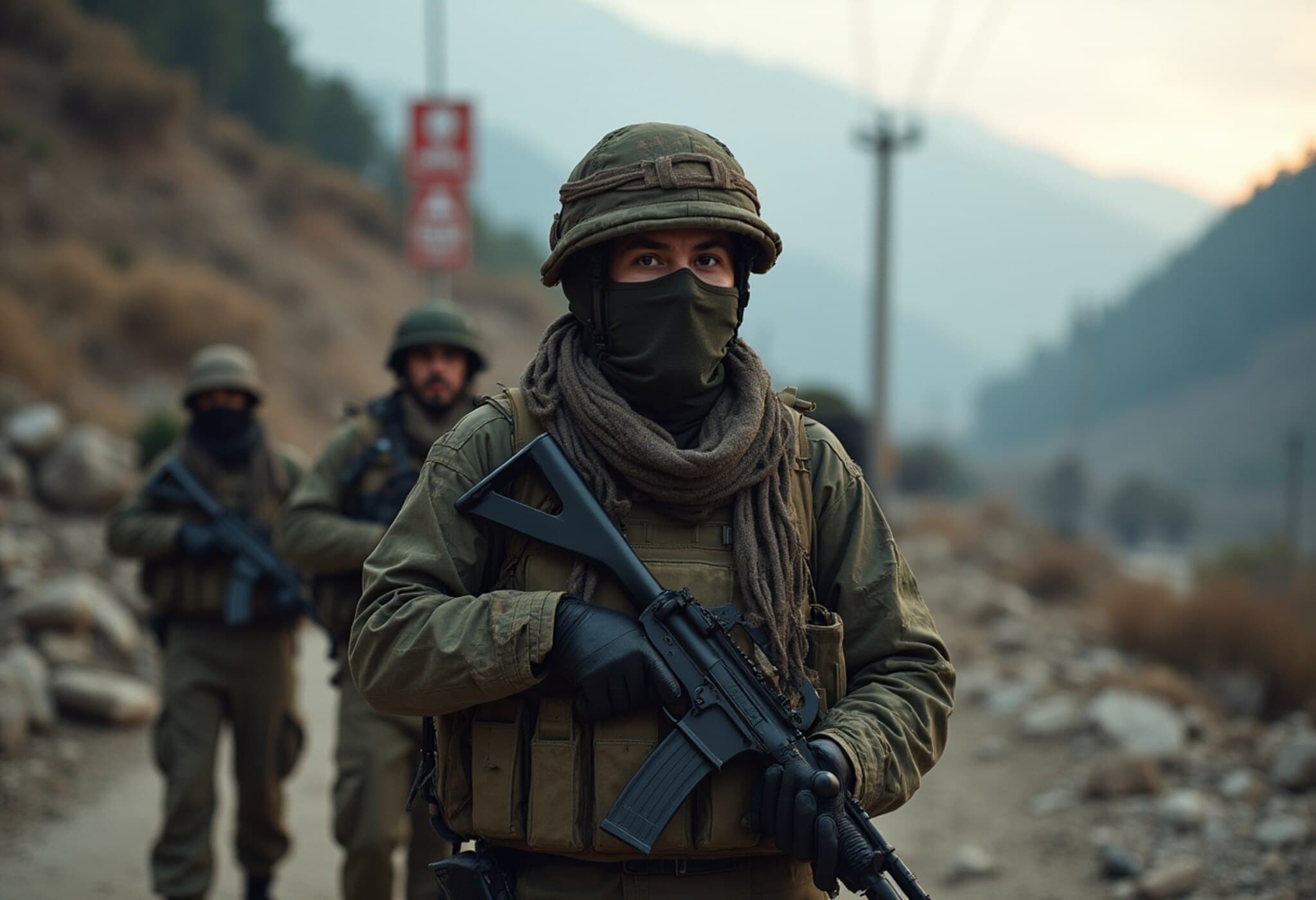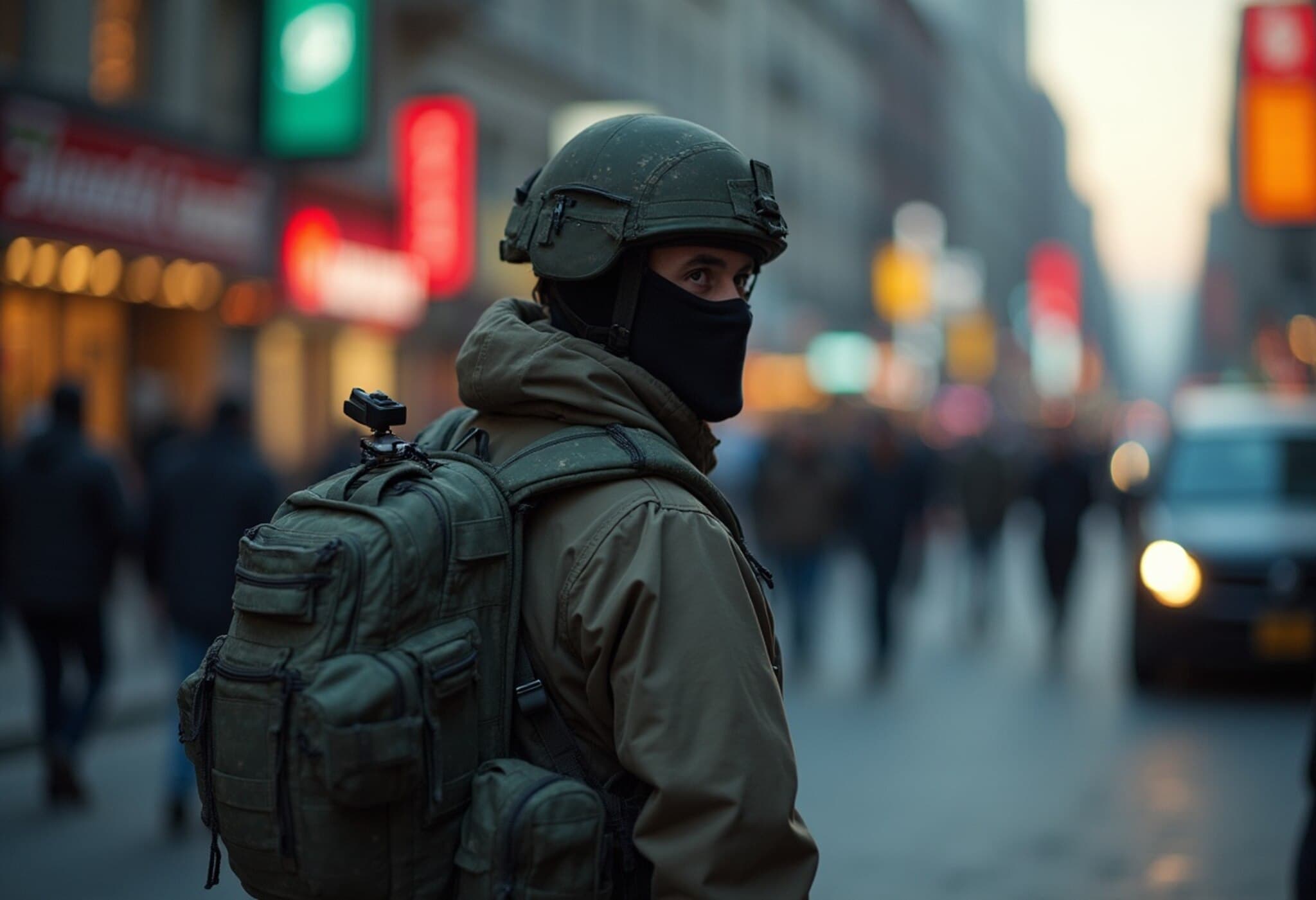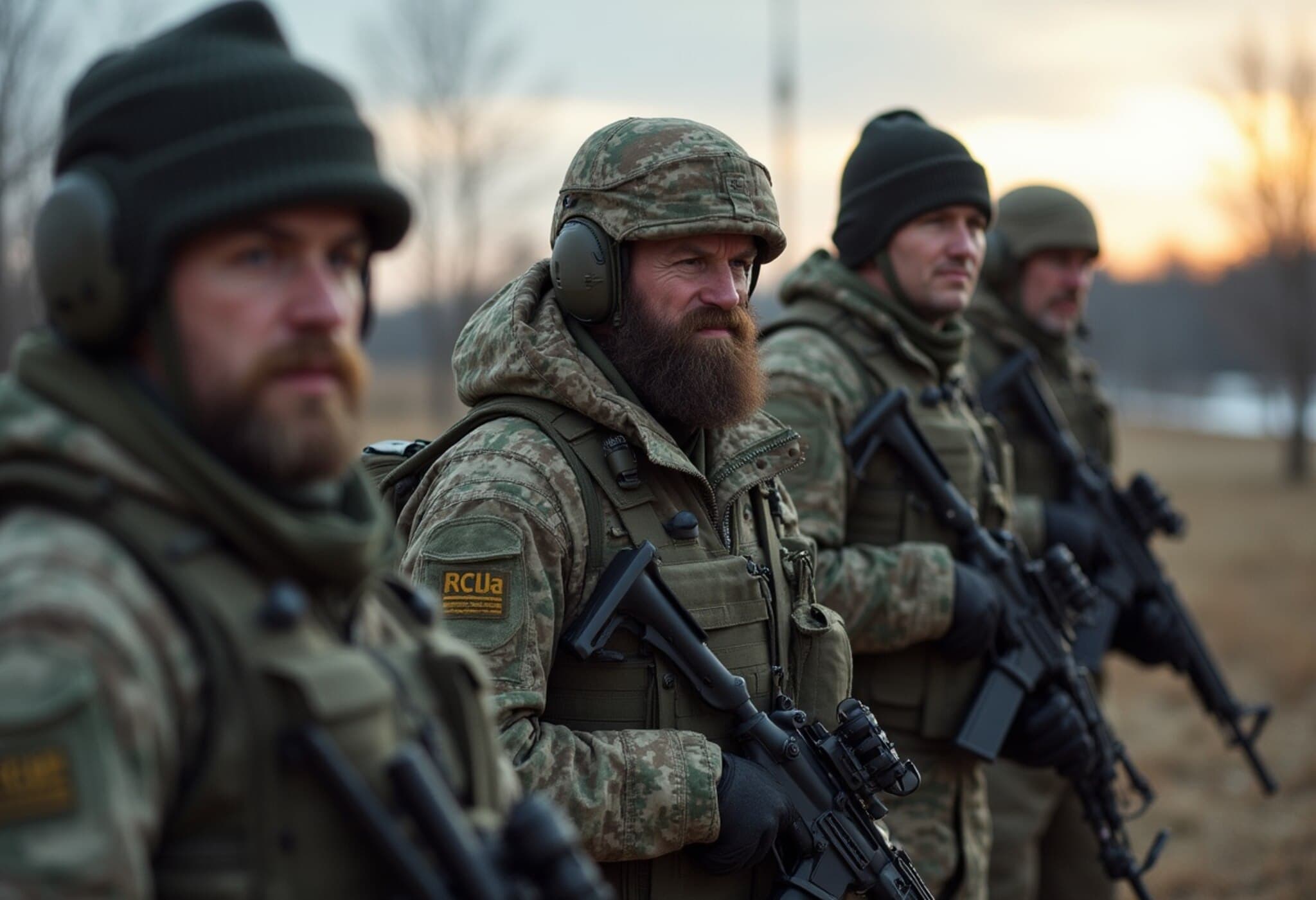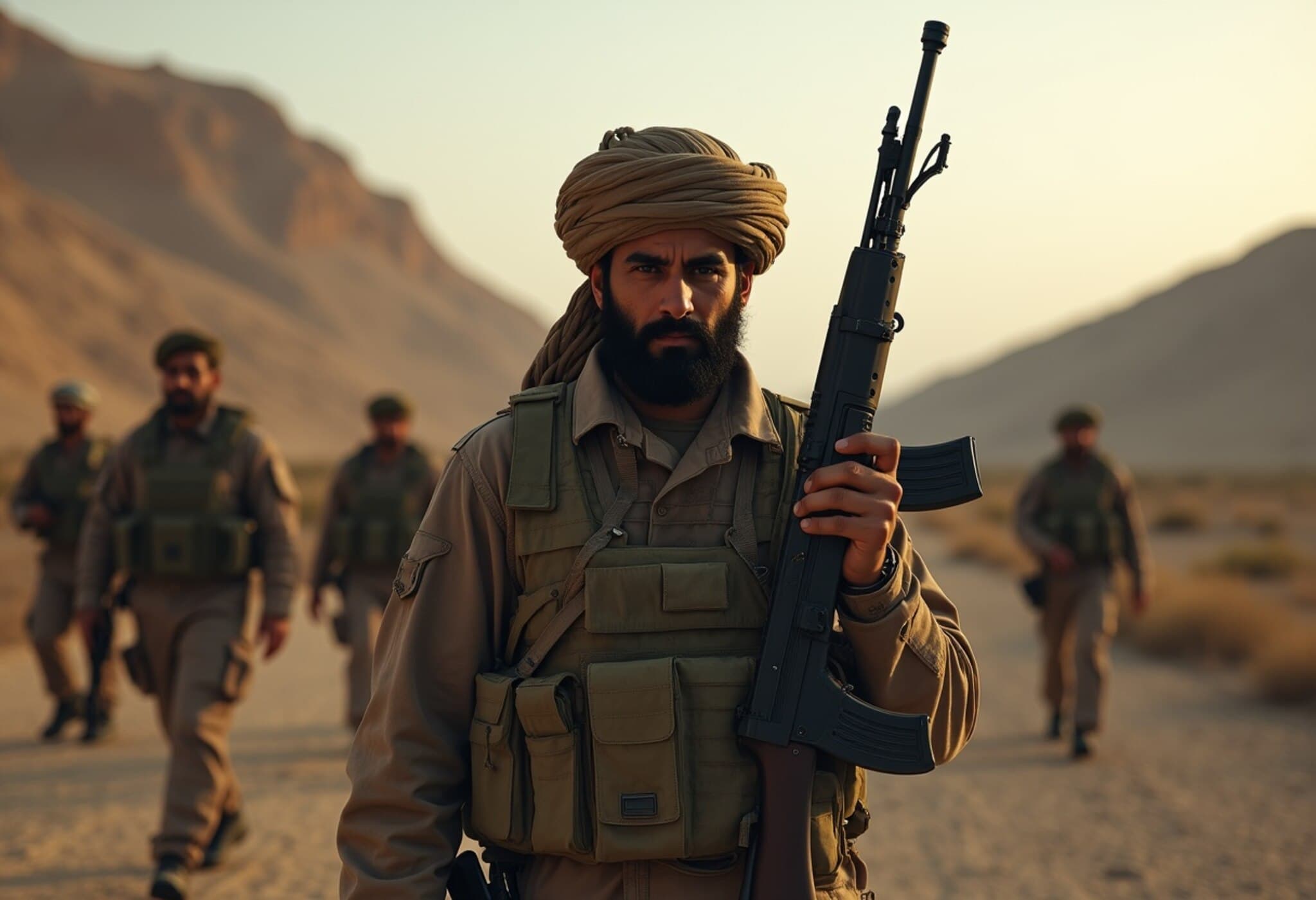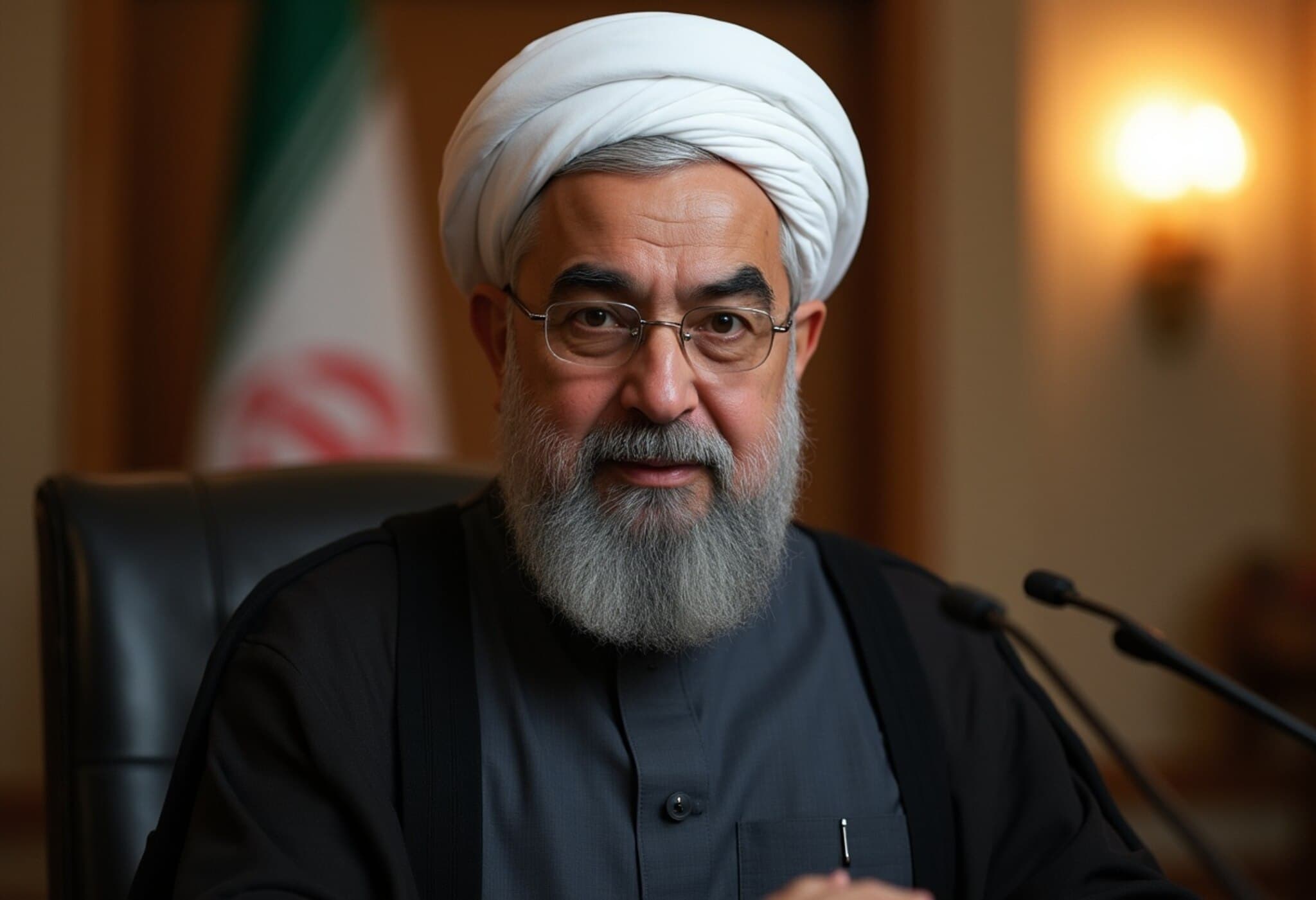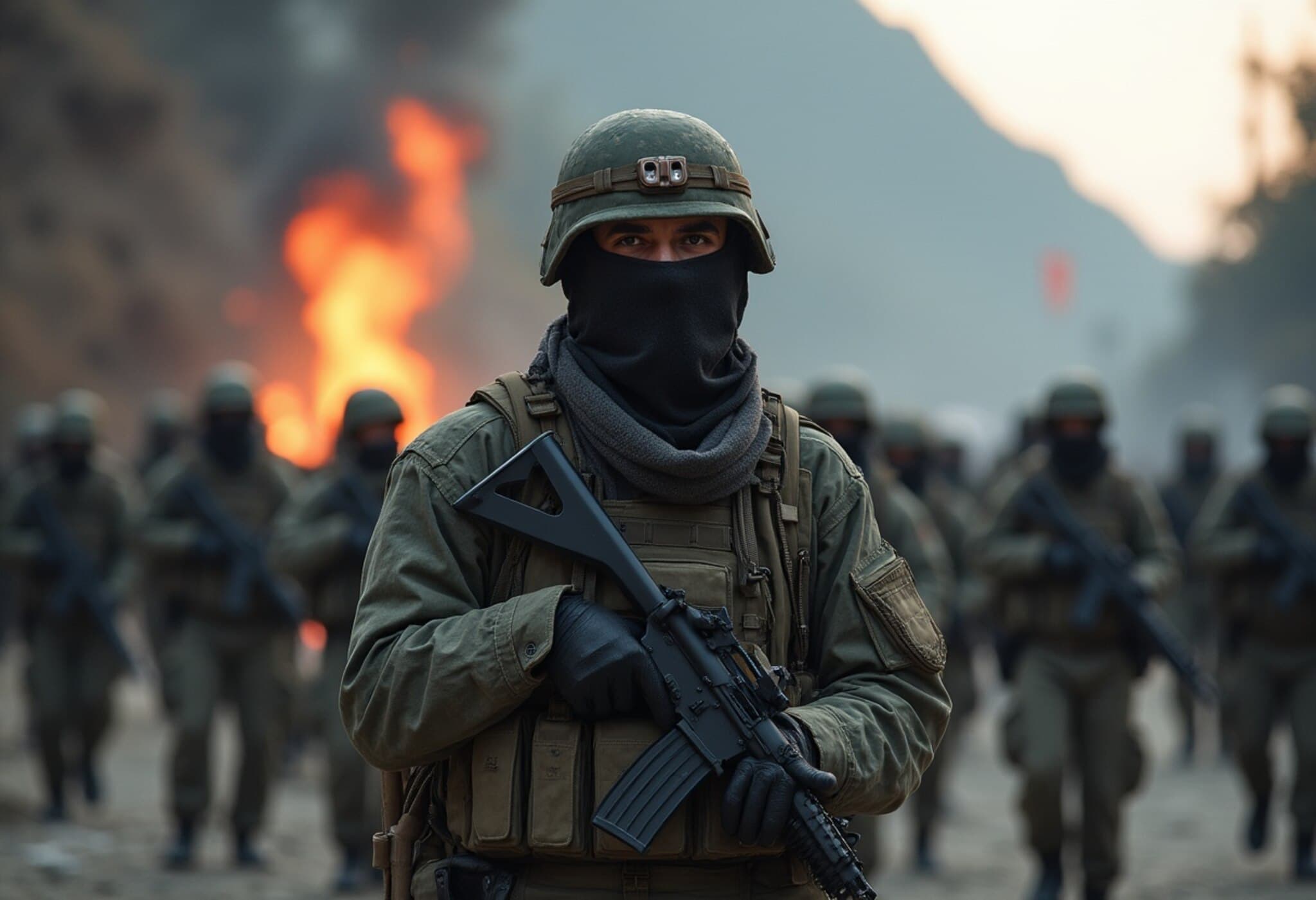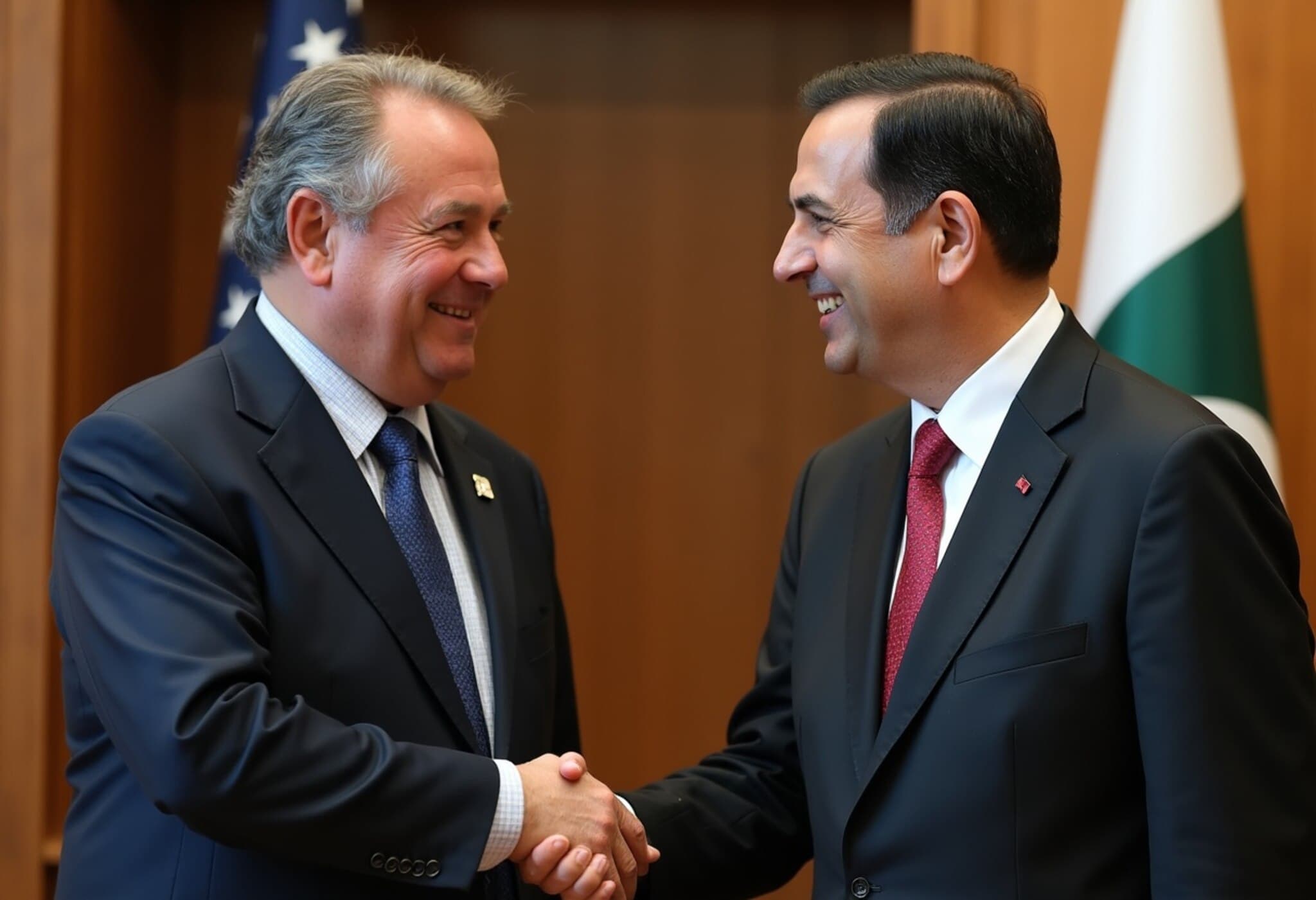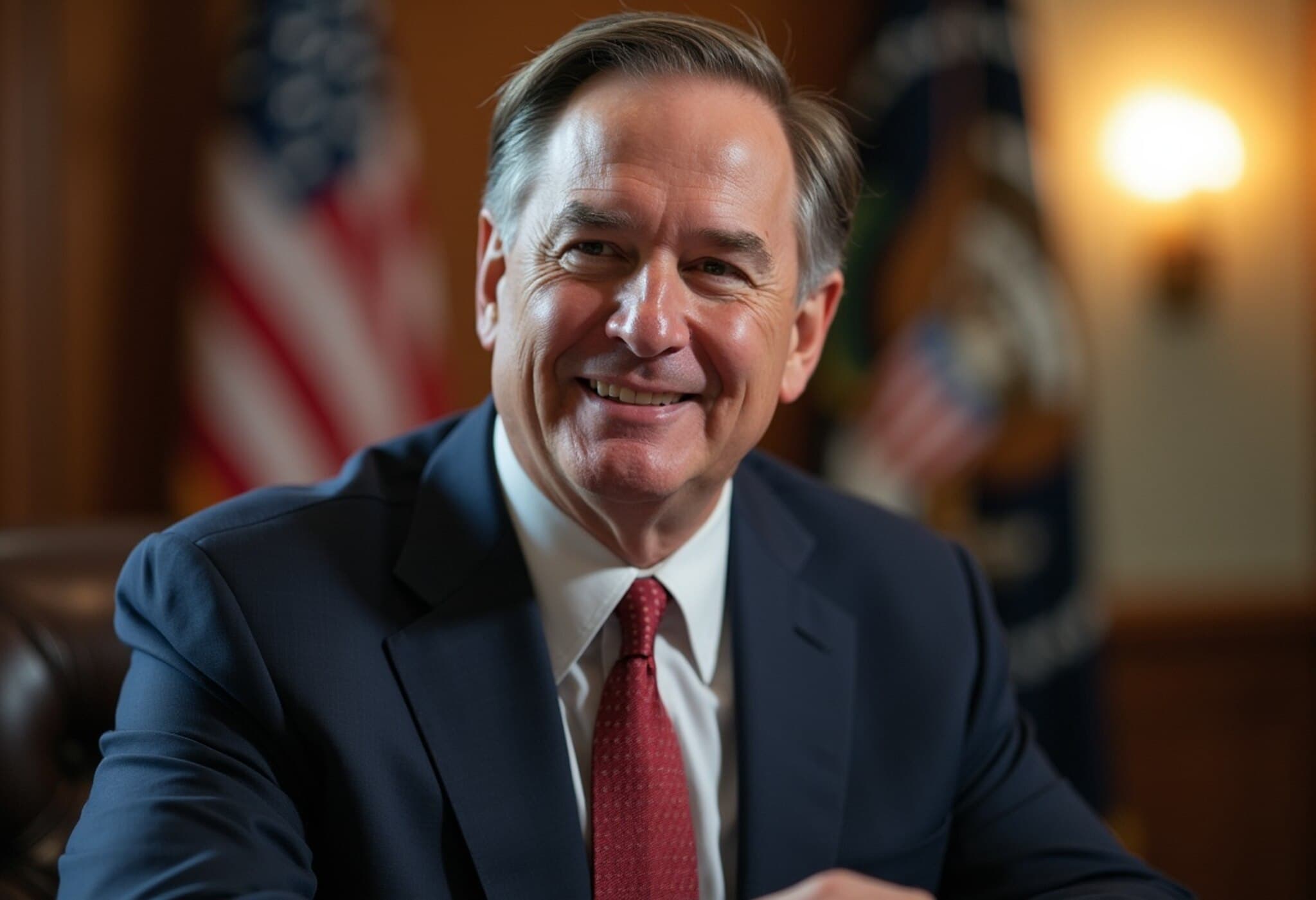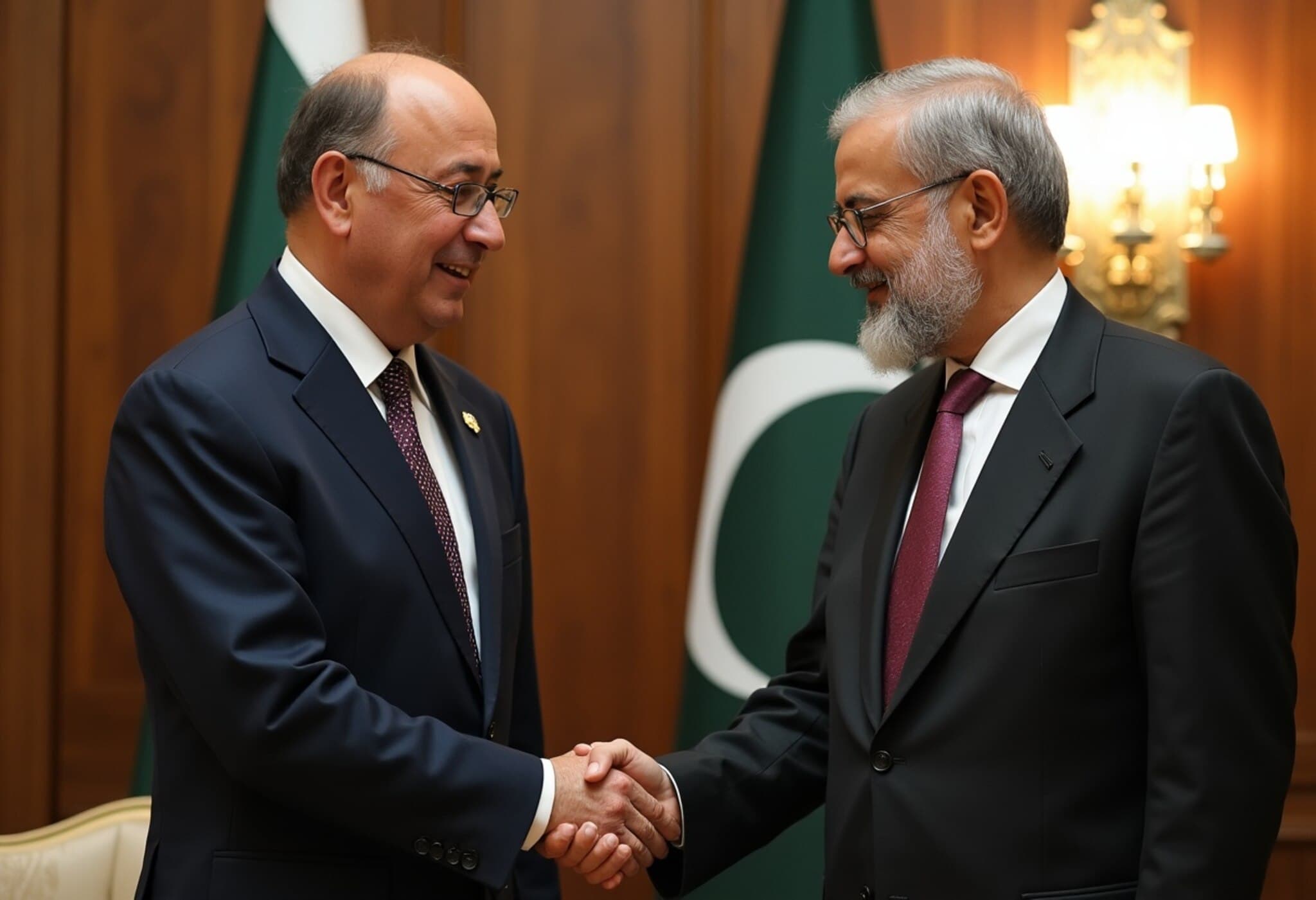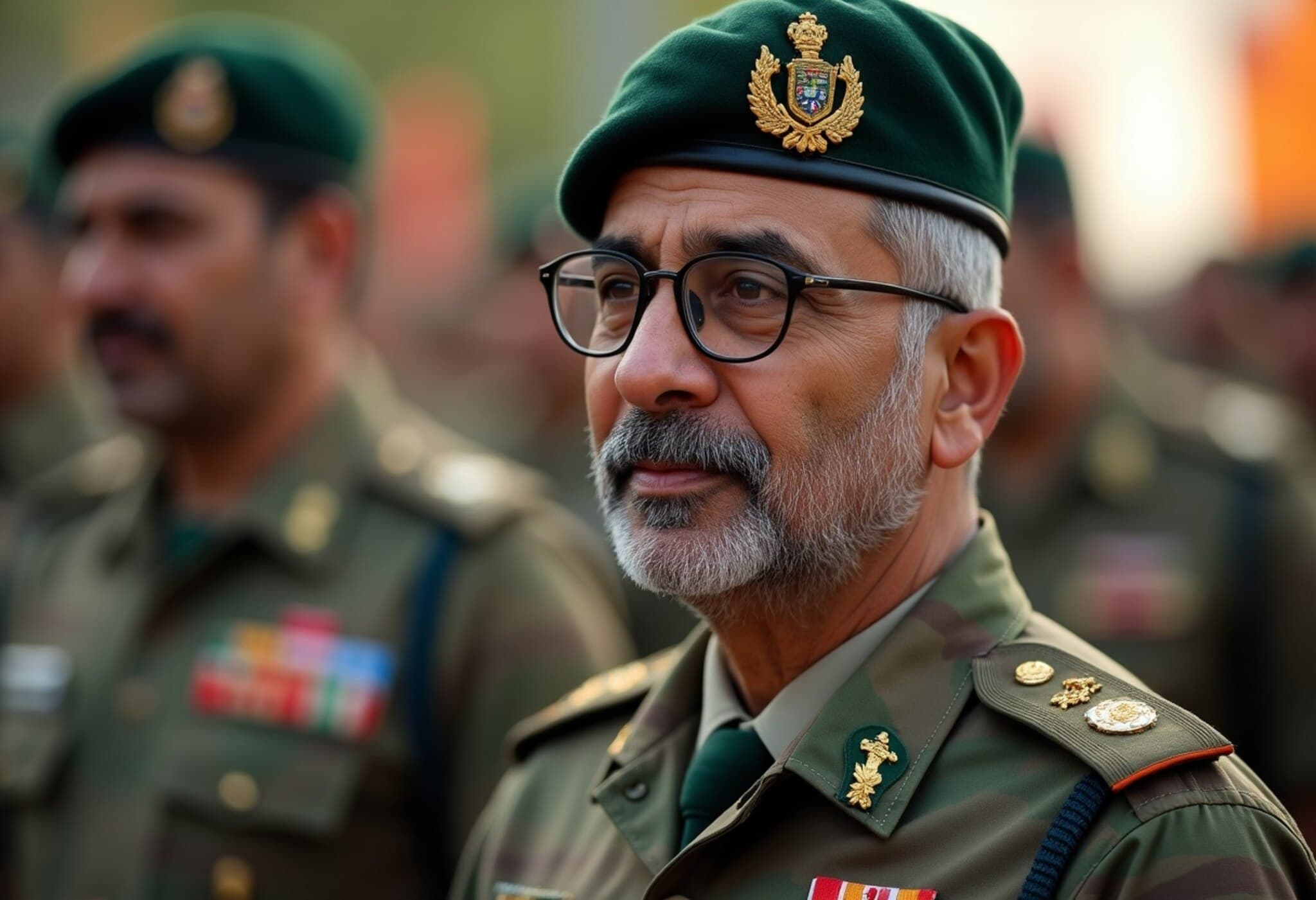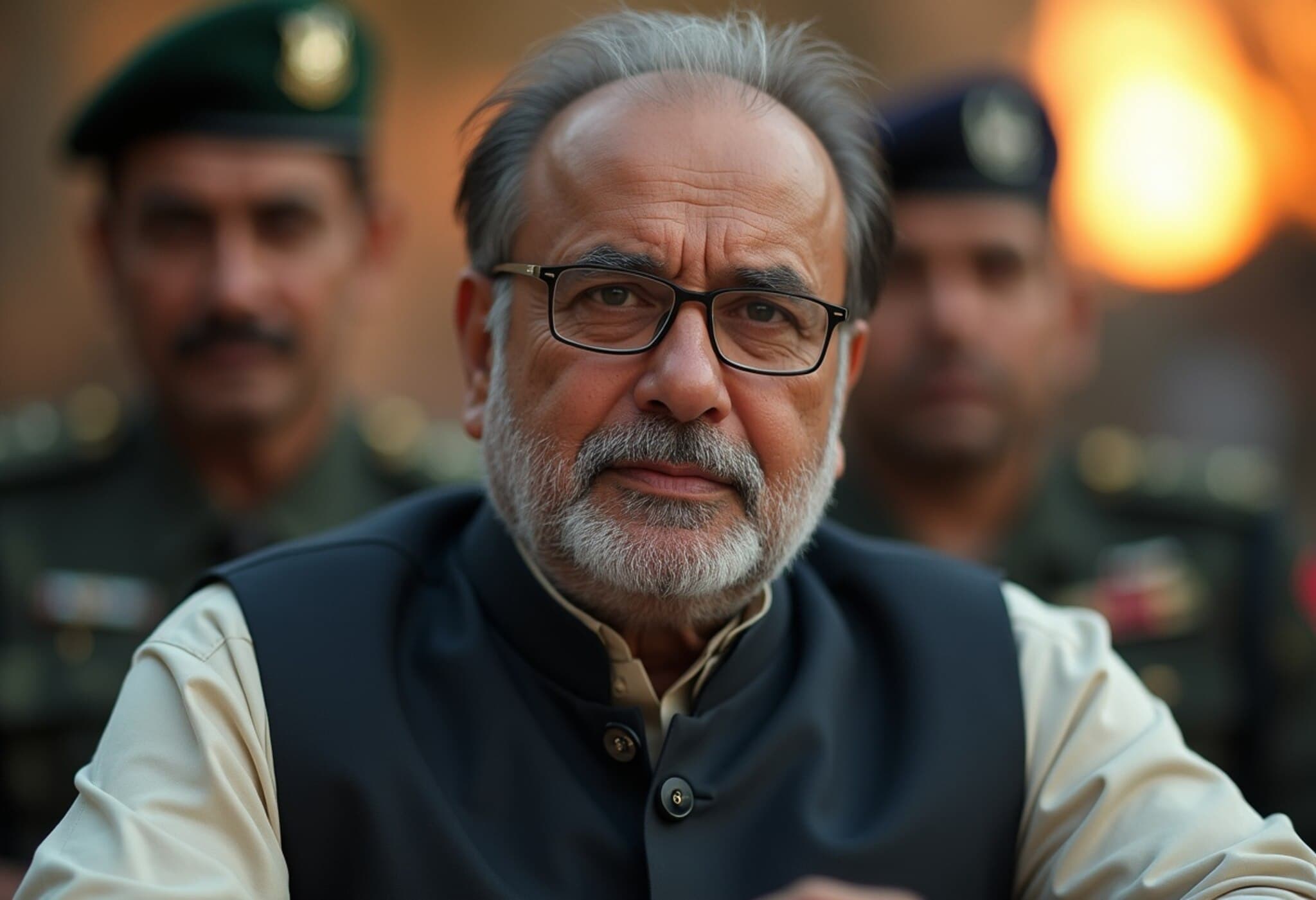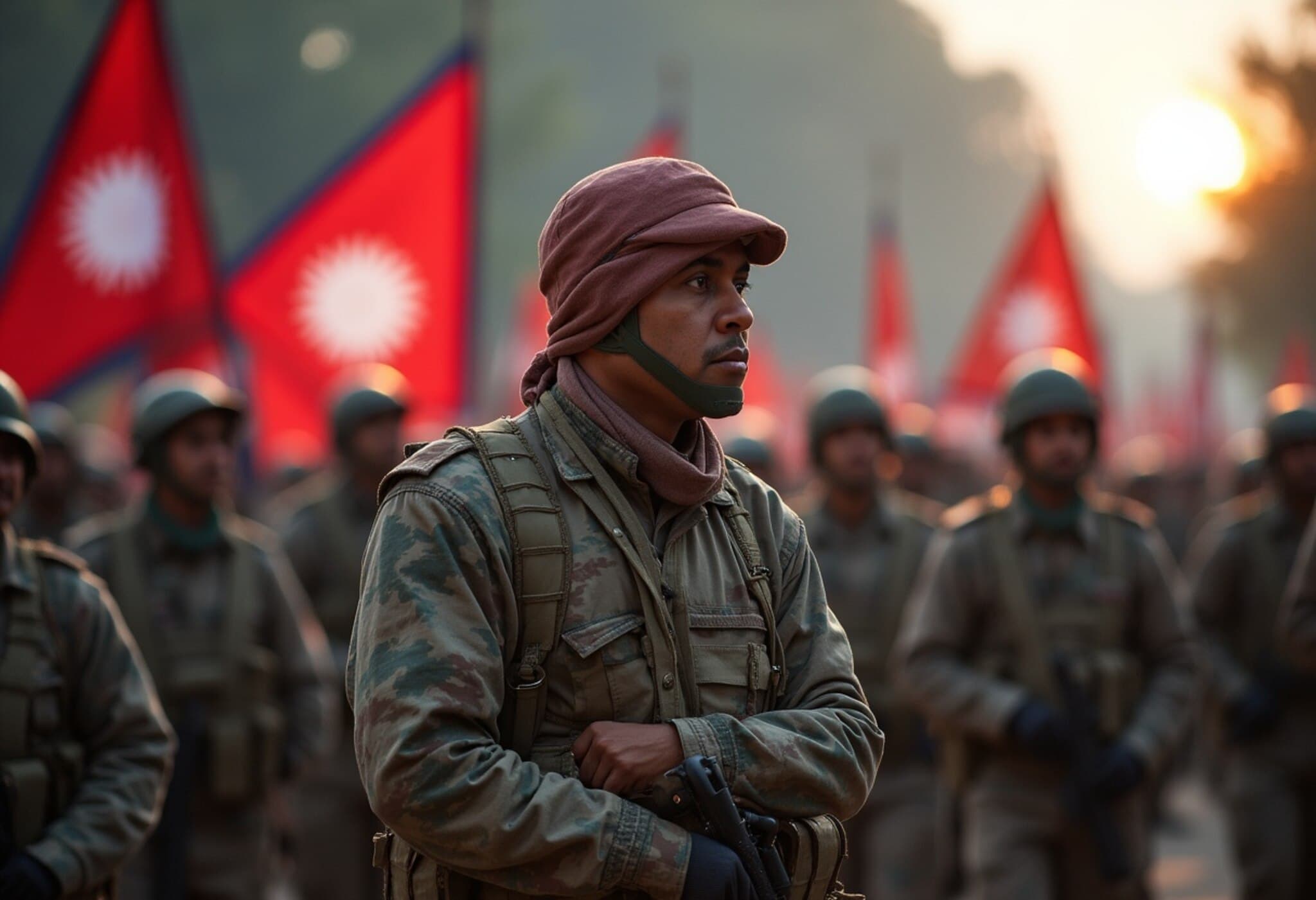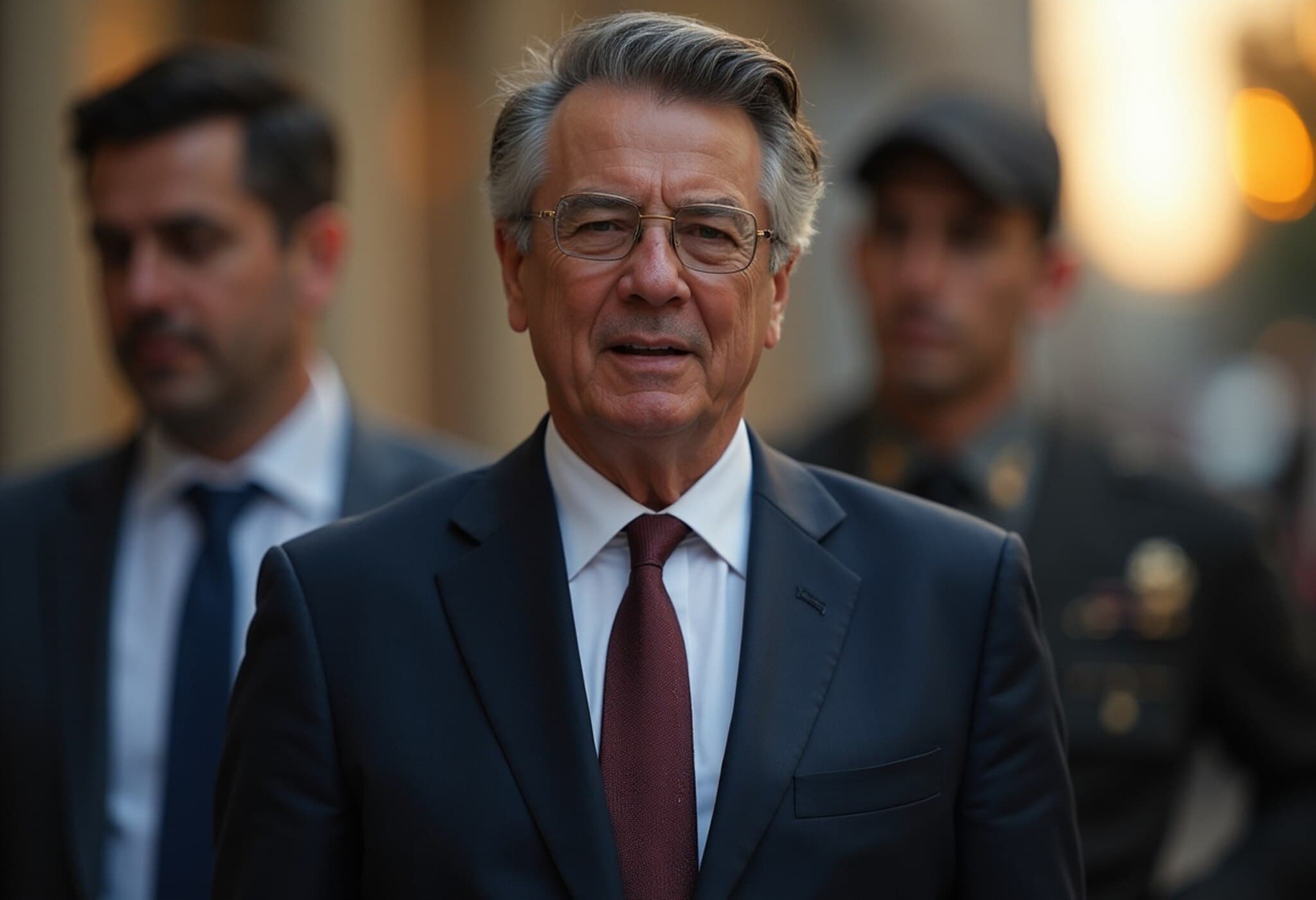US Designates The Resistance Front as Terrorist Group Linked to Lashkar-e-Taiba
In a significant move underscoring ongoing concerns over terrorism in South Asia, the US State Department has officially labeled The Resistance Front (TRF)—the group behind the brutal Pahalgam massacre in Jammu and Kashmir—as a terrorist organization and a proxy of Pakistan-backed Lashkar-e-Taiba (LeT). The Pahalgam attack, which tragically claimed the lives of 26 civilians in April 2025, sent shockwaves across the region and drew international condemnation.
Background: The Pahalgam Carnage and TRF’s Role
The Pahalgam incident marked one of the deadliest assaults on tourists in Kashmir in recent memory, targeting innocent civilians in a popular tourist hub. Following the attack, The Resistance Front emerged claiming responsibility, drawing attention to a shadowy network long suspected but denied by Pakistani authorities.
For years, India has warned that the Lashkar-e-Taiba, infamous for orchestrating the 2008 Mumbai attacks that killed 159 people, has been reinventing itself under various aliases, with TRF being the latest iteration. The US designation officially endorses this stance, identifying TRF as a mere front for LeT's ongoing operations.
US Government’s Formal Announcement and Rationale
In a statement, US Secretary of State Antony Blinken emphasized that TRF’s activities directly contribute to regional instability and terrorism. This declaration was made following consultations with the Attorney General and Treasury Secretary, marking TRF and affiliated aliases—such as Kashmir Resistance Front—as Foreign Terrorist Organizations (FTOs) and Specially Designated Global Terrorists (SDGTs).
Senator Marco Rubio, who has been vocal about counterterrorism efforts, highlighted that this action reflects the US administration's unwavering commitment to national security and justice for victims of terrorism.
Complicated Geopolitical Landscape: Pakistan, China, and the UN Factor
The US move places Pakistan in a diplomatic bind, especially as Islamabad is courting renewed US engagement amid persistent allegations of harboring terrorist outfits. Pakistan’s government maintains it is a front-line state combating terrorism, citing arrests and extraditions, including individuals linked to high-profile attacks against US forces.
Interestingly, China has previously blocked direct mentions of TRF in UN Security Council resolutions, reflecting broader geopolitical rivalries and complicating international consensus on counterterrorism measures in the region.
China’s protective stance around Pakistan-based groups has long been a sore point in India-US-China relations, hindering collective international efforts to sanction and curtail terrorism financed or executed from Pakistani soil.
Expert Perspectives and Implications for US-India-Pakistan Relations
- Expert Insight: Terrorism analysts note that recognizing TRF as an LeT proxy clarifies the adaptive strategies terrorist groups employ to evade sanctions and international scrutiny.
- Policy Angle: This designation strengthens India’s diplomatic position in counterterrorism dialogues and pressures Pakistan to take more concrete action.
- US Foreign Policy: The designation comes amid Pakistan’s tentative efforts to rekindle relations with the US, including hopes for a presidential visit to Islamabad.
- Regional Security: It underlines ongoing challenges in Kashmir and signals sustained US engagement to counter terrorism in South Asia.
Pakistan’s Response and the Road Ahead
Pakistan’s foreign ministry swiftly rejected the US designations, calling the allegations “baseless” and stating investigations into the Pahalgam attack remain incomplete. It asserted that LeT is banned and defunct inside Pakistan, yet international intelligence and evidence suggest otherwise.
This diplomatic standoff raises pivotal questions: Can Pakistan reconcile its public counterterrorism commitments with credible enforcement? How will China’s UN veto power affect future multilateral efforts? And crucially, what role will the US play in mediating or intensifying regional tensions?
Editor’s Note
The US designation of The Resistance Front as a terrorist arm of Lashkar-e-Taiba marks a critical juncture in understanding the evolving nature of terrorism in South Asia. While it bolsters India's claim of Pakistan’s indirect involvement, it also surfaces unresolved geopolitical complexities—especially involving China’s protective stance at the UN. This development invites us to look beyond headline attacks and consider the nuanced strategies terror networks adopt to remain elusive. As regional and global stakeholders navigate these challenges, vigilance, transparency, and strategic diplomacy will be key to fostering lasting peace and security.

